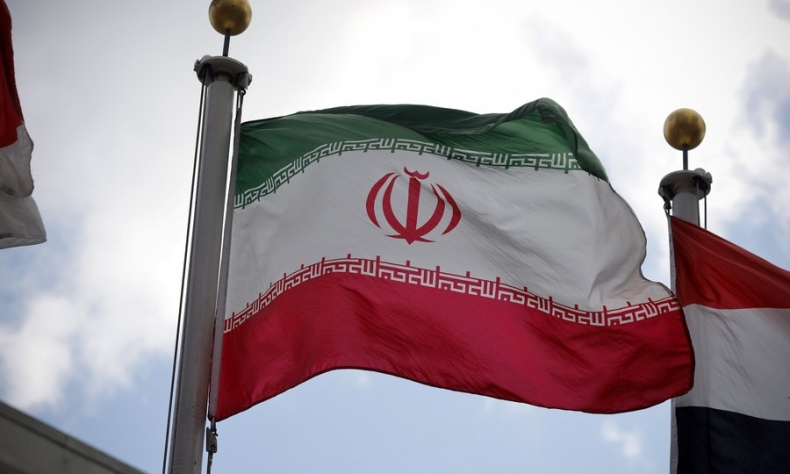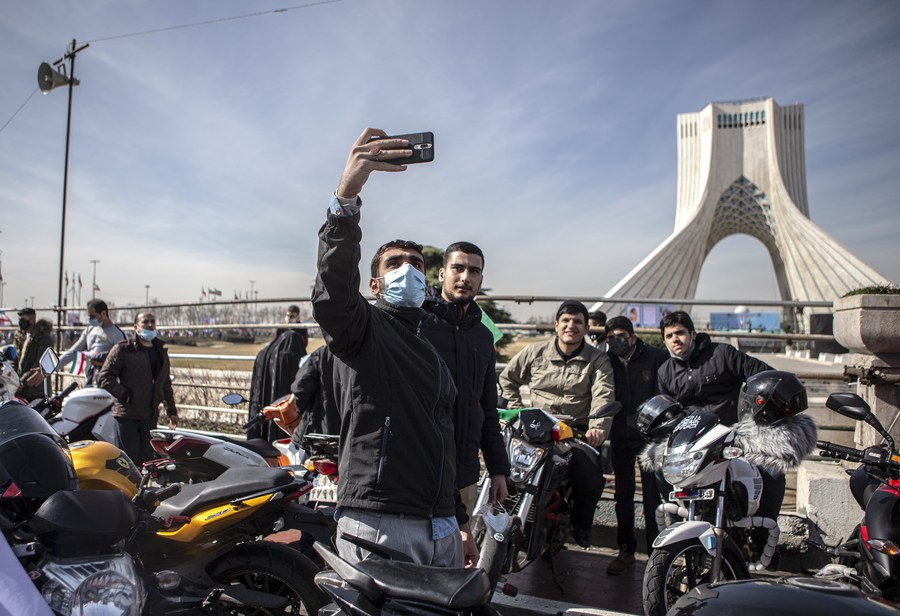The US Should Return to the Iran Deal

America’s problem with Iran is not, in fact, about nuclear weapons. Instead, it is a question of regional hegemony, that is, ‘who dominates the Middle East.’
With the many things going on in the world today, it is easy to forget that for a significant amount of time, multilateral talks have been ongoing in Vienna, Austria, concerning the revival of the Joint Comprehensive Plan of Action (JCPOA), better known as the Iran Deal. The deal was agreed in 2015 by the United Nations Security Council (UNSC) and stipulated that Iran imposed a limit on its levels of uranium enrichment in exchange for sanctions relief.
However, Republicans and foreign policymakers in the United States criticized the deal, which the Obama administration undertook, and in 2018 the Trump administration announced America’s withdrawal from the JCPOA and imposed illegal blanket unilateral sanctions on the country under the false premise that Tehran had violated its terms. In setting out demands for the U.S. to re-join the deal, Washington subsequently moved the goalposts. They are now demanding more than previously required, seeking to curb Tehran’s legal ballistic missile program and its other regional activities throughout the Middle East. Iran has since responded by increasing its level of uranium enrichment.
America’s problem with Iran is not, in fact, about nuclear weapons. Instead, it is a question of regional hegemony, that is, “who dominates the Middle East.” Policymakers in Washington see Iran as a revisionist power posing a challenge to a U.S.-led regional order underpinned by America’s ally Israel and its strategic partners in the Gulf States. This has led to several “proxy conflicts” throughout the region, including Syria, Lebanon and Yemen.

The JCPOA is a legally binding treaty under international law, which the United States unilaterally revoked with the diplomatic lobbying of Israel. The results have undermined peace and stability in the Middle East. America’s allies in Europe understand that the upkeep of the deal is critically important as it provides a legal guarantee against a nuclear Iran. Still, they have ultimately been unable to rescue it due to American dominance over them. Tehran’s view, which had been initially compliant to its original terms and conditions, is that they should not have to capitulate to external American preferences in respect to other matters. Therefore, Iran will only restore uranium levels providing sanctions are lifted.
In this case, Washington attempted to move the goalposts by demanding more than required, and ultimately stifled talks on reviving the deal. Many neo-conservatives in Washington advocate that peace with Iran is not an option and misleadingly think pressure can force the country to change its preferences. This is misleading. The United States should restore the JCPOA and push its allies and partners to attain peace with Iran and end regional proxy conflicts.
The Middle East has been continually offset by war, division, and destruction. The U.S. has long articulated to attain dominance, but is it not time for a different strategy? This is especially true if Washington is serious about shifting its attention elsewhere.
 Facebook
Facebook
 Twitter
Twitter
 Linkedin
Linkedin
 Google +
Google +







